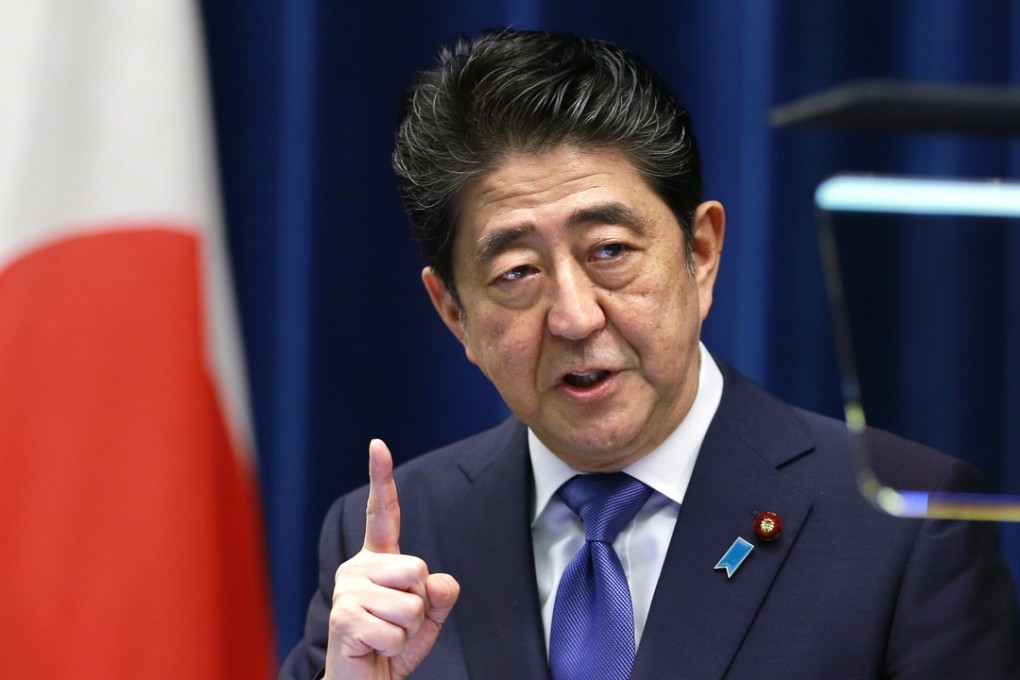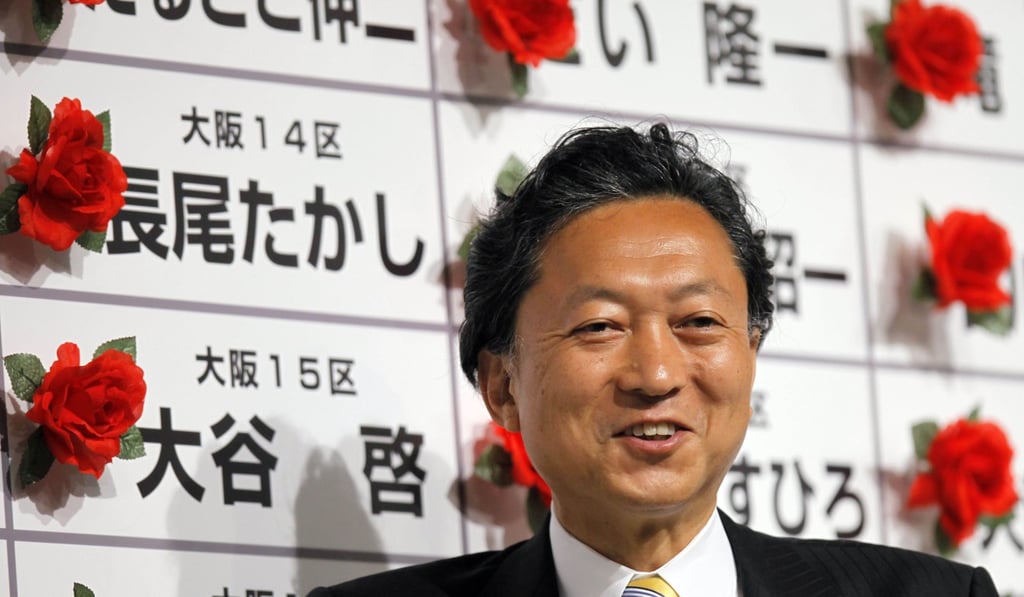Japan election – any party you like, as long as it’s Abe’s
Even if voters wanted to take a risk on the unknown, there seem to be few viable alternatives as Japan for all practical purposes is a one-party state

Despite significant disillusionment with the government, the electorate sees no credible political alternative. And this is no temporary blip, but a status quo that has kept the LDP in power for more than six decades, bar a couple of brief interludes.
Shinkansen: India and Japan’s silver bullet for a rising China
“Abe called this election because the opposition is in a mess and it’s a good opportunity for him. It has nothing to do with the good of the people, everybody knows that. It’s just a waste of taxpayers’ money,” says Hitomi Mizune, a business owner in Tokyo.
“I’ve never voted for the LDP and was really excited when the Democratic Party of Japan won,” says Mizune, referring to the election in 2009 that led to a three-year non-LDP government, its longest hiatus from power. That experiment ended when the new government attempted to tackle the influence of Japan’s powerful bureaucracy, which had guided Japan through its post-war economic miracle. The ministries engaged in a deliberate slowdown of the government’s legislative programme and off-record briefings against it. The result was a return to power for the LDP under Abe and the discrediting of the Democratic Party of Japan (DPJ).

The LDP was founded through the merger of two conservative parties in 1955 and has ruled nearly as continuously as its ideologically opposed counterpart in Beijing, albeit via the ballot box. The Japan Socialist Party had taken power in the late 1940s, a shift initially welcomed by a post-war occupying US administration concerned about a resurgence of Japanese nationalism. But as American worries pivoted to the spread of left-wing ideologies in Asia, the US government provided covert support to the LDP for decades via the CIA, a campaign that came to light in the 1990s.